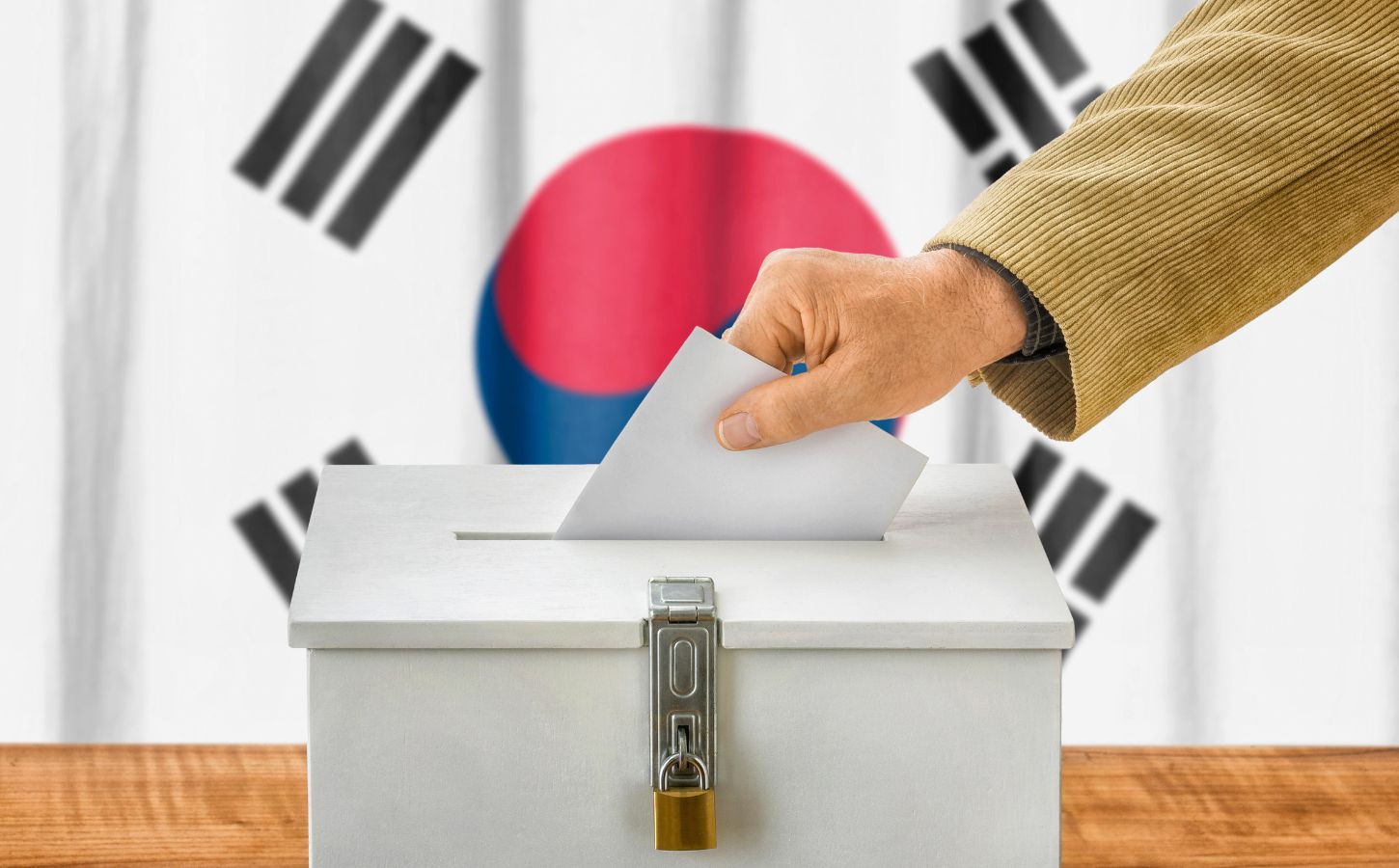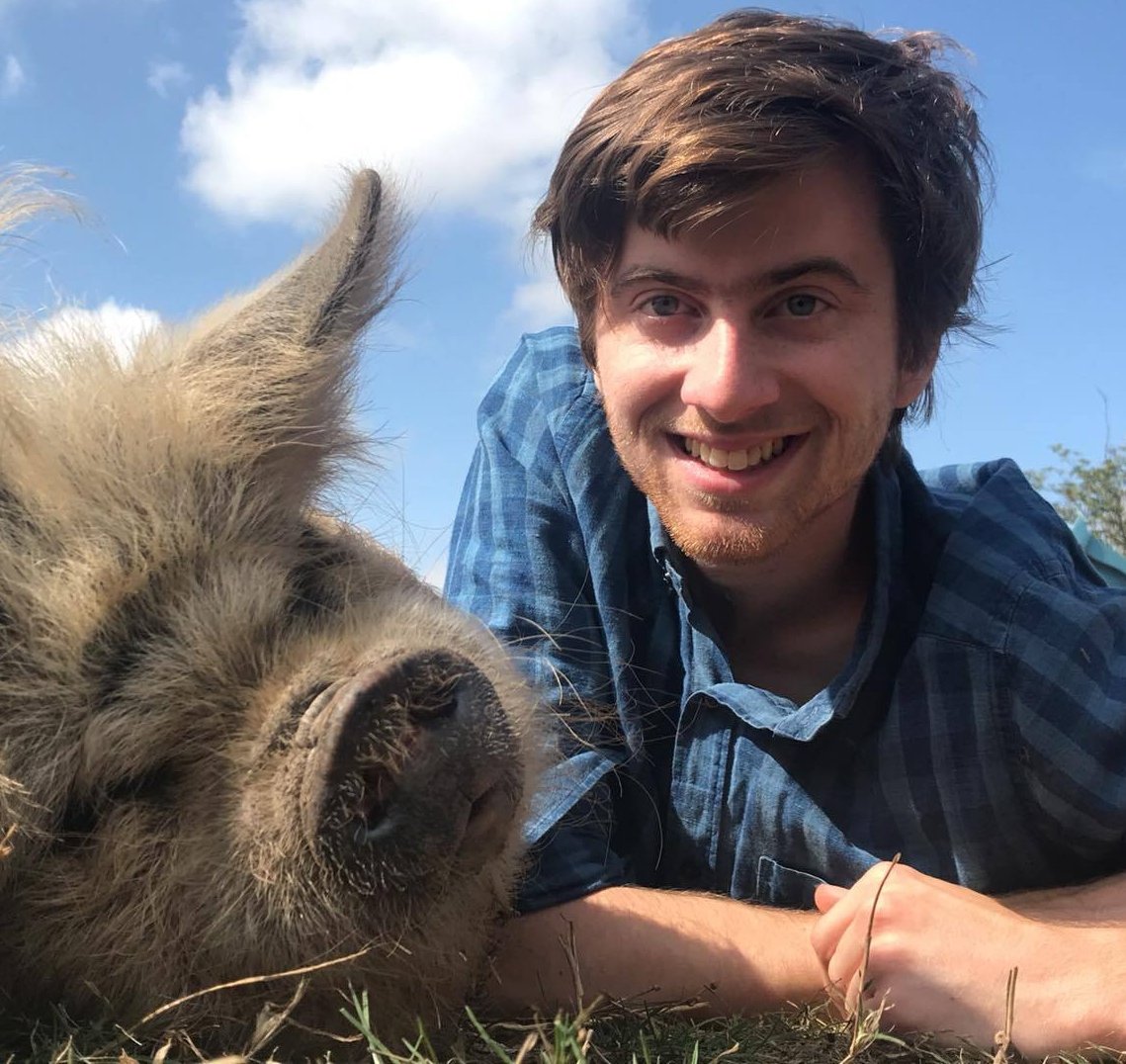South Korea’s main opposition party will revise the civil law to define animals as “living creatures” if it wins the country’s legislative elections in April, according to The Korea Times.
The Democratic Party of Korea has pledged to change the legal definition of animals from “property” to “living creatures.” In most legal systems around the world, animals are still seen as “things.”
The party has vowed a ban on operating a “factory-like” breeding facility in the country. It has also pledged to expand research into alternatives to animal testing.
South Korea could give animals new legal status

Hong Ihk-pyo, the Democratic Party’s floor leader, reportedly set out his party’s position at a recent media conference.
He said his party “believes a society where animal rights are protected well is also good for human rights.”
Last October, South Korea’s Ministry of Agriculture, Food, and Rural Affairs unveiled a plan to boost the country’s plant-based food sector. This included additional investment into plant-based meat research.
Now, the main opposition party has gone further than its political opponents by calling for a new legal status for animals.
Legal status of animals around the world
Currently, animals are legally “property” under the law in most countries. This means that they have no rights of their own. Some limited “protections” do exist in many countries but these fall short of full rights.
In a ruling to ban live animal exports in Brazil in 2023, federal judge Djalma Gomes said that “animals are not things,” adding: “They are sentient living beings, that is, individuals who feel hunger, thirst, pain, cold, anguish, fear.”
Moreover, countries including Spain and the UK have recognized animals as “sentient beings.” For example, the UK’s Animal Welfare (Sentience) Act 2022 encourages policymakers to consider the safety, experiences, and wellbeing of animals.
In the absence of rights, however, these bills have little practical value in providing meaningful protection for all living creatures.






